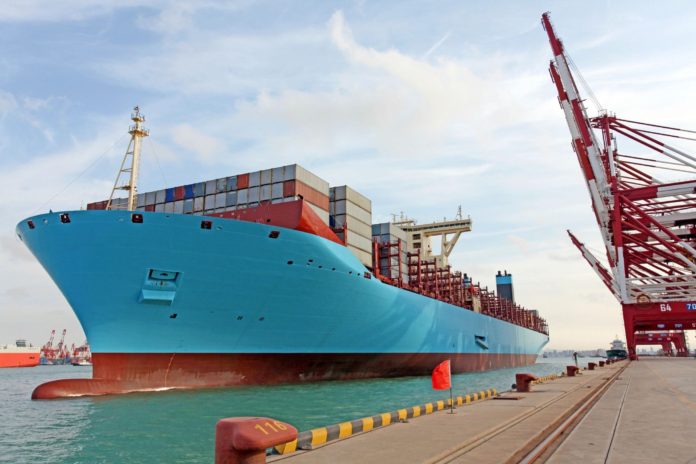Thousands of hard workers are injured on the job every year. Explosions, fires, equipment failures and falls are just a few common accidents that can lead to serious injuries on the job. Even the most minor injury suffered on the water or on a military base can quickly lead to a devastating and lasting condition. Many times these conditions aren’t covered by state workers’ compensation laws.
If you are injured in a work accident, how are you supposed to support your family if workers’ compensation doesn’t cover the costs of your injuries? Fortunately, federal laws are in place to ensure workers are financially protected.
What is Maritime and Longshore work?
Maritime work is as old as the first boats that put to sea. It includes all the work performed onboard seafaring vessels; any worker on a ship – seamen, boatswains, deck hands, officers, engineers, pilots, cooks, firemen, service staff and stewards – are maritime workers.
Longshore workers are responsible for securing and unloading and loading the ships that arrive at port.
They make sure containers – those massive metal rectangles used for cargo – are unloaded and transported to either a container yard nearby or placed on a railroad train or onto a chassis so they can be hauled away to a warehouse or distribution center. They secure the loads bound for export so they remain on the ship and don’t fall into the ocean on the first boats that put to sea. It includes all the work performed onboard seafaring vessels; any worker on a ship – seamen, boatswains, deck hands, officers, engineers, pilots, cooks, firemen, service staff and stewards – are maritime workers.
Longshore workers are responsible for securing and unloading and loading the ships that arrive at port.
They make sure containers – those massive metal rectangles used for cargo – are unloaded and transported to either a container yard nearby or placed on a railroad train or onto a chassis so they can be hauled away to a warehouse or distribution center. They secure the loads bound for export so they remain on the ship and don’t fall into the ocean on the way to the next destination. They also work with cruise ships and military vessels, doing similar types of tasks.
What laws protect these workers?
Federally mandated laws established to protect people injured while working on waterways, overseas, or on military bases, include:
- The Jones Act – Protects workers injured on ships or vessels due to the negligence of a ship owner, captain or fellow employee. Under the law, injured workers can recover medical care and cost of living expenses.
- The Longshore and Harbor Workers’ Compensation Act – Protects land-based maritime workers—such as vessel repairmen or cargo loaders—who suffer injuries or illnesses related to their work. The LHWCA provides compensation for medical care and cost of living expenses.
- The Defense Base Act -Provides protection to employees working outside the United States on US military bases or under a contract with the U.S. government for public works or for national defense. The DBA provides compensation for medical care and disability benefits.
- The Non-Appropriated Funds and Instrumentalities Act -Protects civilian employees providing services to the U.S. Armed Forces including those who work for Army and Air Force Exchange Services, Army and Air Force Motion Picture Services, on-shore Navy Ship Stores, Navy Exchanges, Marine Corps Exchanges, Coast Guard Exchanges, and other agencies of the United States under the jurisdiction of the Armed Forces conducted for the comfort, pleasure, contentment, and mental and physical improvement of personnel of the Armed Forces. The NAFIA provides compensation for medical care and disability benefits.
Is there a time restriction for making a claim?
Yes. In general, the time you have to file a legal claim after a work injury is limited. Also known as the statute of limitations, the time limitation to file a claim
can be as short as one to three years from the date of injury. This statute can vary depending on the nature of your case. If you wait to file a legal claim until the statute of limitations has expired, you may lose your rights to compensation. That’s why it’s important to seek legal help as soon as you can after a work injury.
Why do I need an attorney?
Without the help of an experienced attorney, you may not receive the full amount of compensation you’re owed. Insurance companies may think they can take advantage of you and offer you less money than you deserve for your injuries and lost wages.
Whether you were injured on an unseaworthy vessel or while loading cargo onshore, if you are a seaman, longshoreman, harbor worker, military contractor and were injured on the job or due to someone else’s negligence, you will benefit from experienced legal help.
To schedule a consultation with Krista at ChasenBoscolo in Waldorf, MD visit, www.chasenboscolo.com











